- All
- Product Name
- Product Keyword
- Product Model
- Product Summary
- Product Description
- Multi Field Search
Views: 0 Author: Site Editor Publish Time: 2025-05-09 Origin: Site
Detergent pods have revolutionized the way we do laundry, offering convenience and precision in everyday cleaning routines. These compact, pre-dosed pods encapsulate powerful cleaning agents, simplifying the process of measuring and mixing detergent. However, like many modern innovations, they have raised important questions about their environmental impact. A significant factor in this discussion is the PVA (polyvinyl alcohol) films used to package and dissolve these pods. This article will explore the environmental implications of PVA films in detergent pods, including their biodegradability, effects on water systems, and overall sustainability. We will break down the scientific and ecological aspects to better understand the balance between convenience and environmental responsibility in using modern products such as laundry detergent pods.
Polyvinyl alcohol (PVA) is a water-soluble synthetic polymer commonly used to encase liquid and powdered detergent in modern detergent pods. When tossed into a washing machine, the PVA film dissolves in water, releasing the cleaning agents into the drum. This innovation not only eliminates the need to measure detergent manually but also minimizes product wastage. While PVA-based detergent pods, such as all detergent pods, are growing popular due to their ease of use, questions have arisen about the environmental footprint of these films, particularly because PVA is synthetic rather than naturally derived. The key concerns center around whether the dissolved PVA truly biodegrades, what happens to it after dissolution, and how it interacts with aquatic ecosystems.
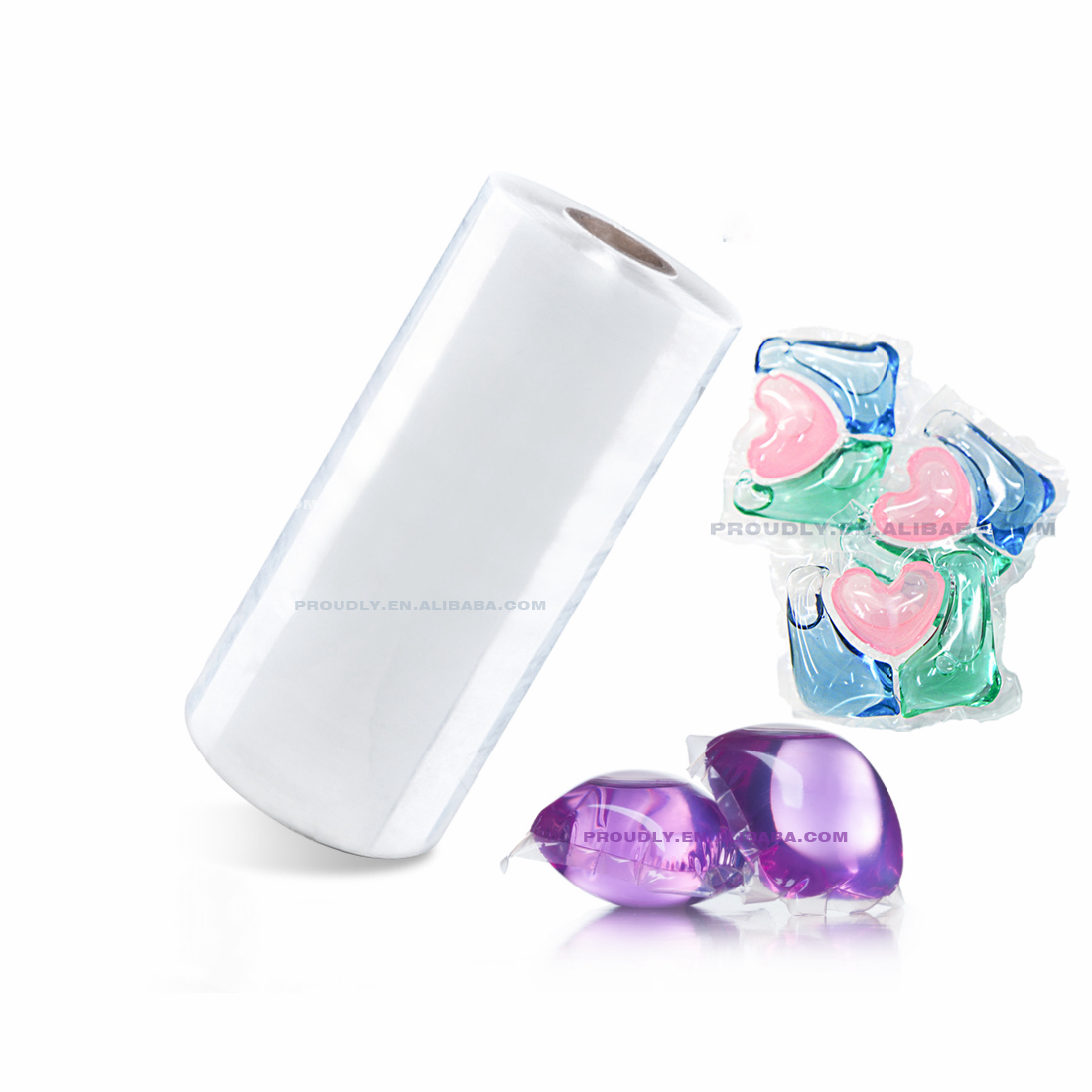
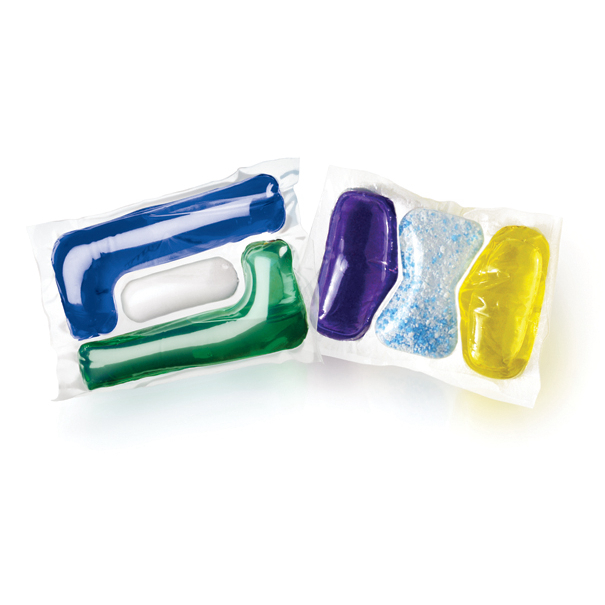
The claims around the biodegradability of PVA vary significantly and depend on several factors, including the composition of the polymer, water temperature, and environmental conditions.
Manufacturers often point out that PVA biodegrades under specific conditions, such as in industrial composting setups or wastewater treatment plants. Studies show that PVA can degrade completely with the help of specialized microbes. However, natural water systems (lakes, rivers, and oceans) lack the consistent conditions required for PVA to fully break down. Unlike organic bio-waste, which naturally decomposes in the environment, synthetic substances like PVA depend heavily on artificial processes for degradation. When PVA films dissolve during laundry cycles, the dissolved polymer is carried away by wastewater systems. If the treatment facilities are unable to handle synthetic polymers effectively, PVA could persist in the environment, potentially harming aquatic ecosystems.
Research conducted on PVA's fate in wastewater systems highlights its mixed biodegradability:
High Efficiency in Aerobic Systems: PVA has a higher chance of degradation in aerobic (oxygen-abundant) conditions that exist in modern treatment plants.Challenges in Anaerobic Systems: Anaerobic environments, such as deep-water sediments or low-oxygen zones, slow down or even impede the breakdown of PVA.
The table below summarizes how PVA performs in different biodegradation scenarios:
| Environment | Biodegradation Rate | Contributing Factors |
|---|---|---|
| Industrial Composting | High (Complete biodegradation) | Optimal microbial populations, heat |
| Wastewater Treatment | Moderate to high | Effective in aerobic systems |
| Natural Water Systems | Low | Limited microbial activity, low oxygen |
When detergent pods containing PVA are used in a washing machine, the film dissolves almost instantaneously. Though the dissolution process makes the product convenient, it also creates a pathway for PVA to enter water systems. The dissolved polymer blends with wastewater and proceeds to municipal treatment facilities.
Although PVA is marketed as water-soluble, that doesn't necessarily mean it disappears entirely. Trace amounts of dissolved PVA can accumulate in natural water bodies when improperly treated. This resembles the microplastics problem, wherein tiny undetectable residues persist in the environment, posing a threat to aquatic organisms. For instance:
Small aquatic species may ingest PVA residues unknowingly, leading to potential health complications due to chemical interference. Accumulated PVA can alter the chemical composition and quality of water, disrupting its natural balance.
On a larger scale, when PVA doesn't degrade completely, it may pose risks to global biodiversity. Further studies are needed to assess how wide-reaching the ecological impact of PVA residues might be. This concern highlights the importance of choosing detergent pod products responsibly and advocating for innovations that prioritize ecological safety.
Sustainability, in the context of detergent pods, encompasses various aspects beyond PVA films. From sourcing raw materials to disposal practices, every element of a detergent pod can contribute to its environmental rating.
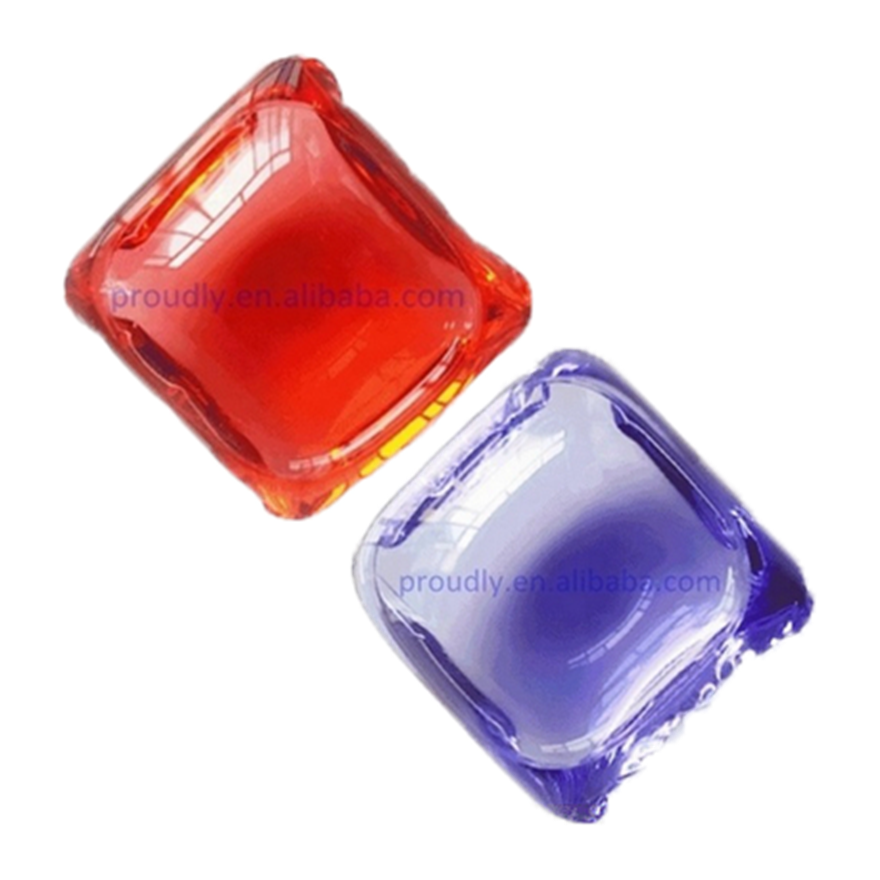
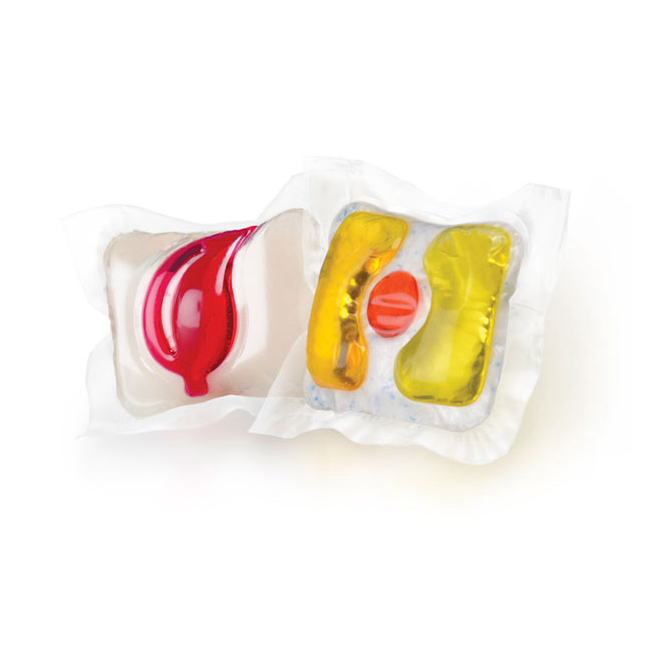
One clear advantage of using detergent pods is their potential to reduce excess packaging. Traditional laundry detergents often come in large plastic containers, which contribute to landfill waste. With detergent pods, packaging size is often reduced, cutting down the overall footprint. However, this advantage is nuanced. While the product packaging for pods may be minimal, PVA film itself remains a synthetic product derived from petrochemicals. Manufacturers must strike a balance between reducing packaging waste and ensuring that the pod casing is environmentally friendly.
When choosing all detergent pods or laundry detergent pods, many customers find that their concentrated formula works well for cold water washes, which saves energy. Additionally, pre-dosed pods encourage efficient use of detergent, preventing overuse and reducing water pollution. Still, these points don't entirely offset the environmental concerns linked to PVA film once it enters the wider ecosystem. Exploring bio-based alternatives to PVA may be crucial for the evolution of sustainable detergent pods.
To address common questions about detergent pods, PVA films, and their environmental impact, we've compiled the following FAQ.
Yes and no. PVA films can biodegrade under controlled industrial conditions, such as those in composting facilities or wastewater treatment plants. However, in natural environments like lakes or oceans, PVA biodegradation may be incomplete or significantly delayed.
While PVA films dissolve in water, they don't entirely disappear. Dissolved PVA can end up in water systems, where it may persist as residue and impact aquatic ecosystems.
Detergent pods offer distinct advantages, such as reduced packaging requirements, precise dosing, and the potential for cold water washing. However, their environmental benefits depend on the biodegradability of the materials used, such as PVA films.
Eco-conscious brands continually research and develop alternatives to synthetic PVA. Switching to brands that prioritize biodegradable and natural materials for pod casings is a good step toward sustainability.
Ensure that wastewater from detergent pod usage goes through suitable treatment processes. You can also explore brands that use fully biodegradable or compostable materials in their pods.
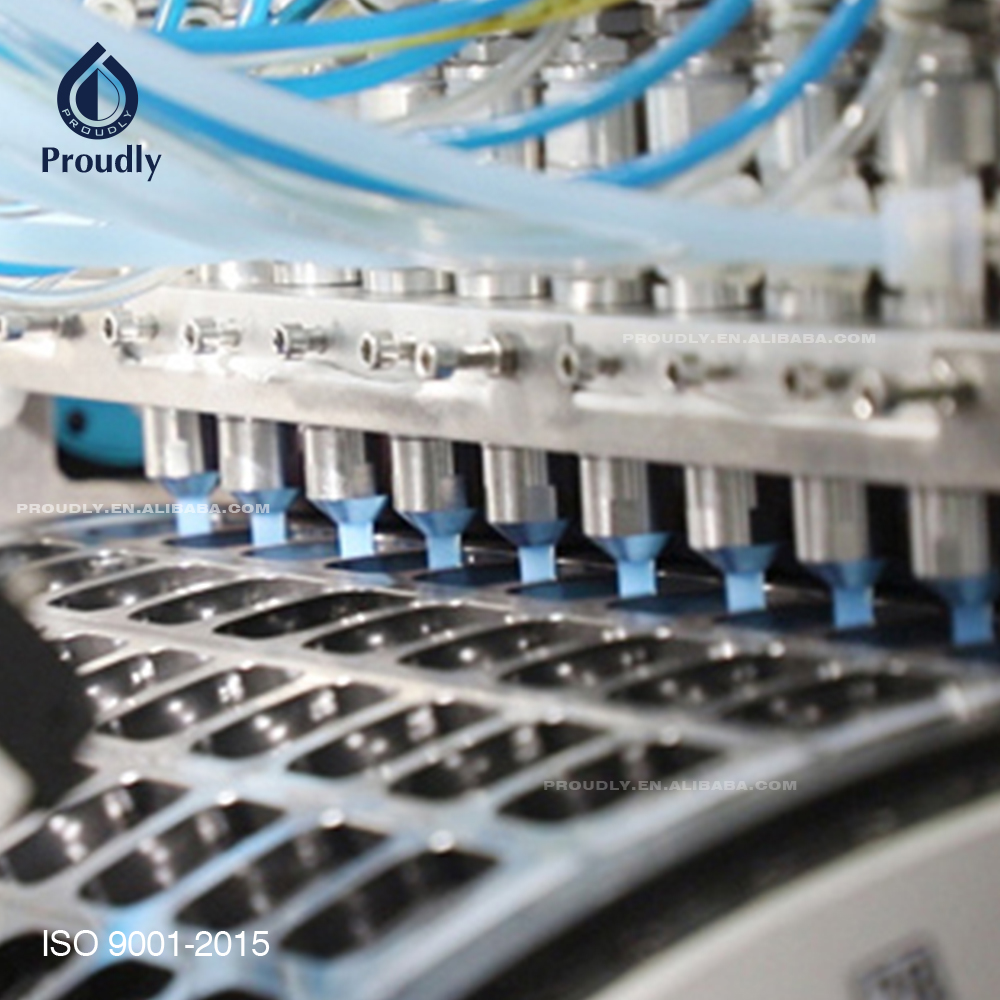
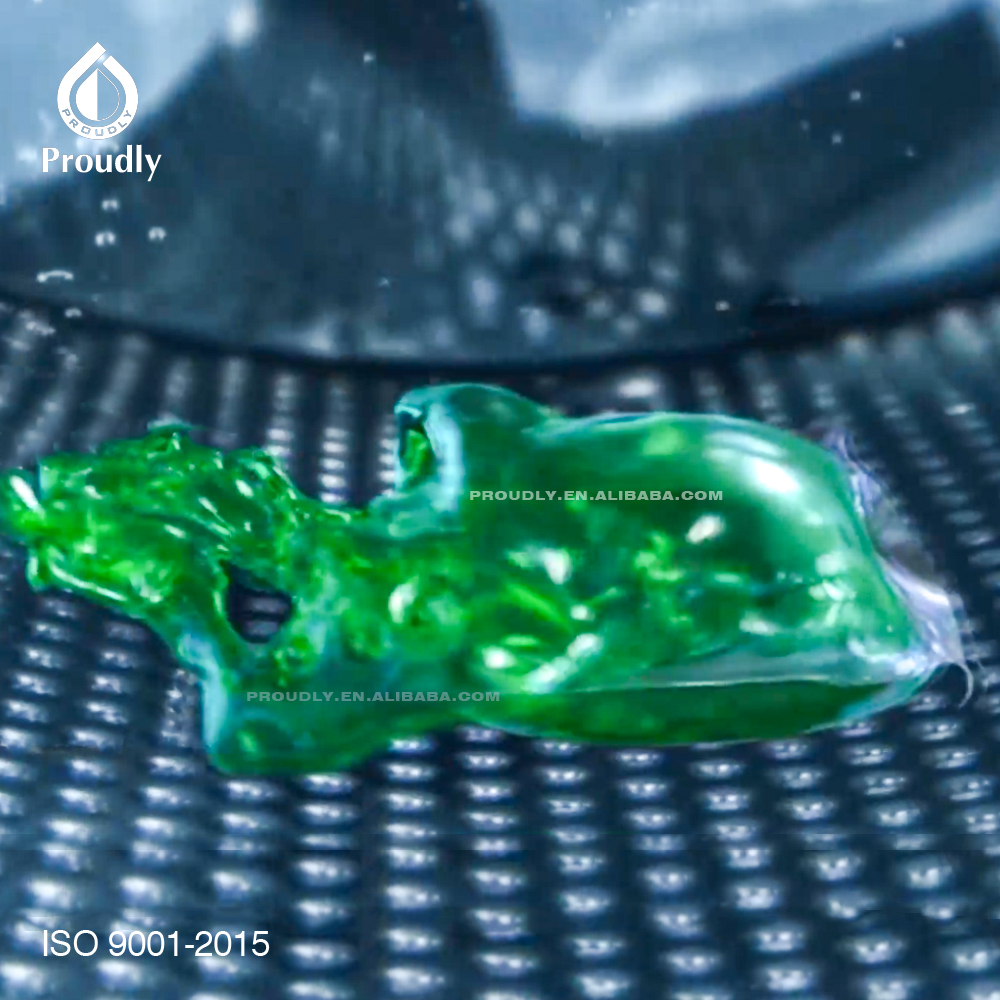
If you're concerned about the environmental impact of your chosen detergent pods, there are brands actively working toward sustainable solutions. Proudly stands out as a responsible choice, offering detergent pod products that combine cleaning efficiency with eco-consciousness. By choosing Proudly, you're not only investing in high-performing laundry products but also supporting innovations that prioritize environmental health. Proudly continues to refine its formulas and packaging, aiming to minimize its overall ecological footprint. For inquiries or more information on Proudly's sustainable detergent pods, feel free to reach out to them:
Email: proudly@proudly.com.cn
Phone: +86-13802609114
Together, we can make informed choices that benefit both our households and the planet.